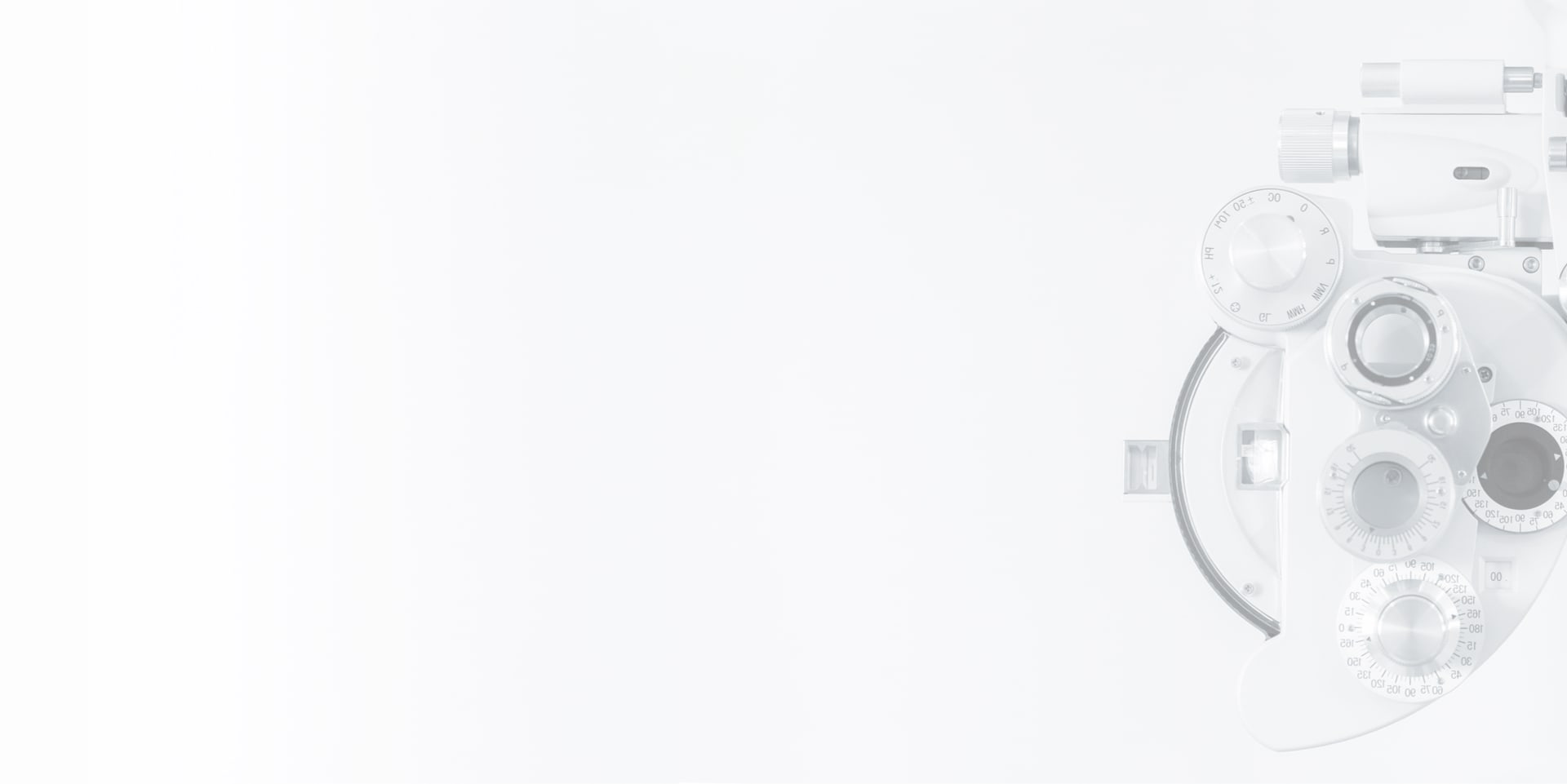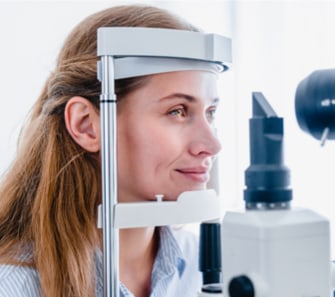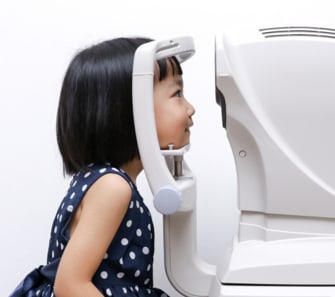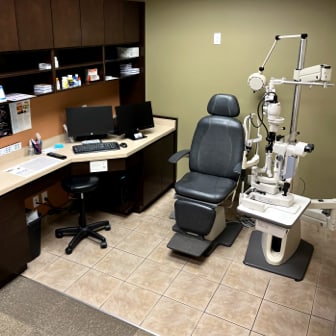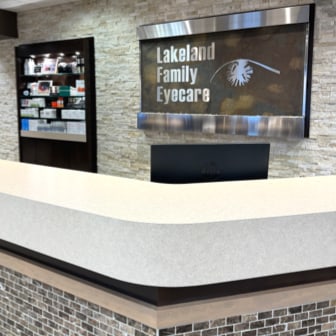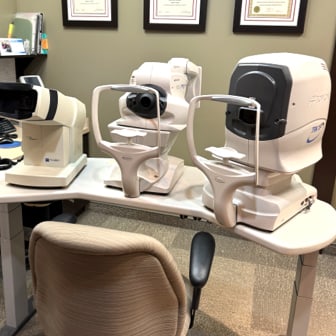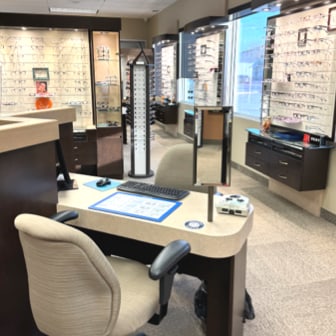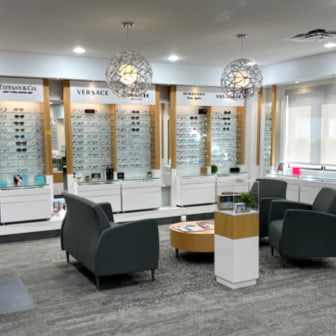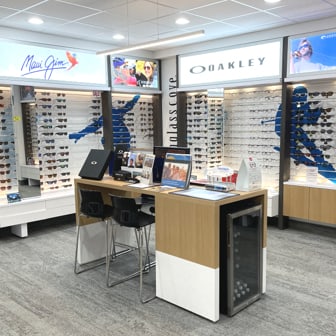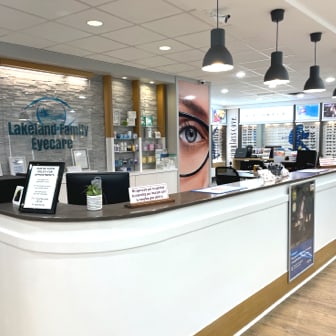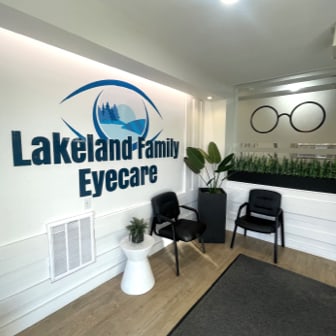When objects close to you appear clear and objects far away are blurry, you likely have myopia. Myopia is a refractive error of the eye, and is commonly referred to as nearsightedness. Approximately 1 in 3 Canadians will develop this eye condition.
The way our eye bends (refracts) light determines how we perceive objects near and far. Patients with myopia have optical imperfections in their eyes that prevent the light that enters from being focused properly on to the retina. This is known as a refractive error of the eye.
Myopia optical imperfections refer to the cornea being curved too much and/or the length of our eyeball being too long. This results in light being focussed in front of the retina instead of right on the retina like it should be. The result is blurry distance vision.
Myopia Symptoms
Common symptoms of myopia include:
- Headaches
- Difficulty seeing distant objects
- Eye strain, resulting from squinting to see distant objects
Myopia Treatment
Treating myopia is easy and can be non-invasive. Effective treatment is provided with prescribed eyeglasses and contact lenses. The severity of your myopia will dictate if you need to wear your prescription eyewear all of the time or only when you need clear distance vision, such as driving.
Unlike presbyopia, patients with myopia have the potential to eliminate the need for eyeglasses and contact lenses completely with refractive (laser) surgery. To find out if you are a viable candidate for this procedure we recommend booking an eye exam with one of our Optometrists to help you to determine this.
In the event you are not a good candidate for refractive surgery, there is a non-surgical treatment option. This treatment is known as orthokeratology. Special rigid (breathable) contact lenses are worn while you are sleeping and removed in the morning. Their purpose is to reshape your cornea to properly refract light, allowing you to see distant objects. The results are only temporary but will typically last throughout the day.
